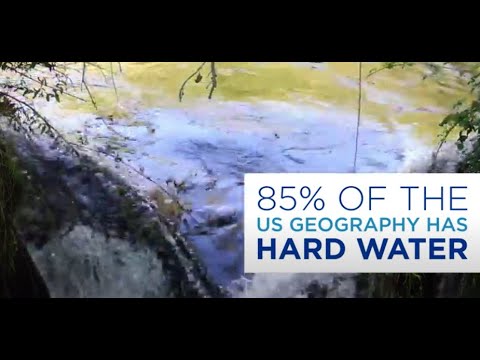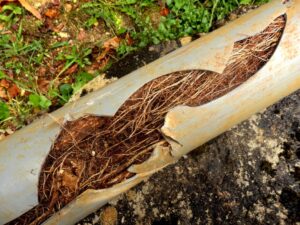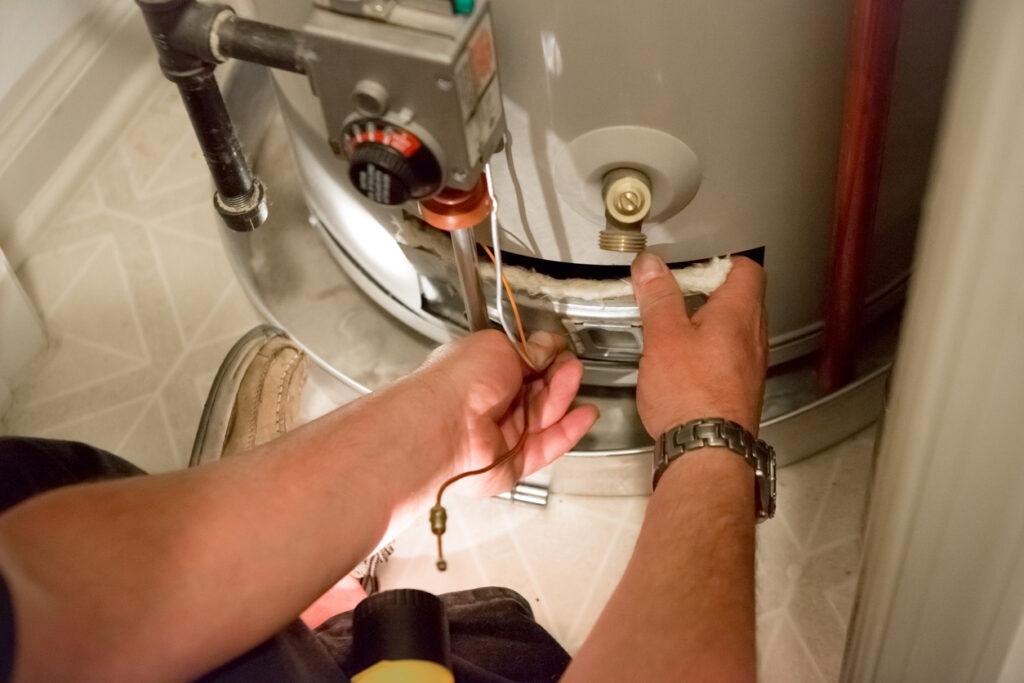Understanding Hard Water: How It Affects Your Plumbing
Having a reliable water supply in your home is important, but one challenge many homeowners face is dealing with hard water. Hard water may seem innocuous, but it can actually wreak havoc on your plumbing system, so it’s important not to ignore this issue. In this blog, our expert plumbers and water treatment specialists will cover what hard water is, how it affects your plumbing appliances and ways to prevent this damage for your home.
What Is Hard Water?
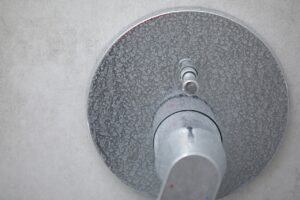
Hard water is water that contains a high concentration of minerals like calcium, magnesium, and sometimes iron. These minerals dissolve into the water as it passes through the ground and picks up sediment along the way. While not harmful to your health, hard water has many unfortunate side effects, such as tasting funny, being harsh on your skin and hair, fading your laundry, and leaving spots on your dishware. On top of these, hard water is especially damaging to your plumbing system over time.
The Impact of Hard Water on Plumbing Appliances
The minerals present in hard water can accumulate inside your plumbing pipes and appliances, leading to several problems, such as:
- Scale buildup: Mineral deposits can accumulate inside pipes, faucets, showerheads, and appliances like water heaters and dishwashers. This both looks bad and causes a reduction in your water flow.
- Corrosion: Hard water can corrode metal pipes and plumbing fixtures. As these fixtures corrode, they are more prone to cracks and leaks, which can be an expensive problem.
- Reduced efficiency: Scale buildup may cause appliances like water heaters and washing machines to work harder, leading to increased energy consumption and higher utility bills.
- Shortened lifespan: The accumulation of minerals can shorten the lifespan of plumbing appliances, leading to costly repairs or replacements.
How To Prevent Hard Water Damage
While it’s challenging to completely eliminate hard water, there are steps you can take to minimize its impact on your plumbing system. If you find yourself dealing with the effects of hard water, follow these recommendations from our team:
- Install a water softener: A water softener is the most effective solution for dealing with hard water. These systems remove the minerals from your water, effectively preventing scale buildup and reducing the effects of hard water.
- Use vinegar or lemon juice: Regularly clean faucets, showerheads, and other fixtures with vinegar or lemon juice to dissolve mineral deposits and keep them functioning properly.
- Install a water filtration system: Whole-home water filters go a step further for your water, effectively removing other impurities and contaminants to improve your water quality.
- Schedule regular maintenance: Schedule annual maintenance checks for your plumbing system to detect any issues early and prevent costly repairs down the road.
Water Treatment Options for Your South Carolina Home
When it comes to treating hard water in your South Carolina home, you have several options to choose from. Meetze Plumbing offers a range of water treatment options in Columbia and the Midlands area of South Carolina, including:
- Ion exchange water softeners: These systems use resin beads to exchange sodium ions for calcium and magnesium ions, effectively softening the water.
- Salt-free water conditioners: Unlike traditional water softeners, salt-free conditioners use a physical process to prevent scale buildup without adding sodium to the water.
- Reverse osmosis systems: Reverse osmosis systems use a semi-permeable membrane to remove impurities from your water, including minerals.
Improve Your Water With Meetze Plumbing
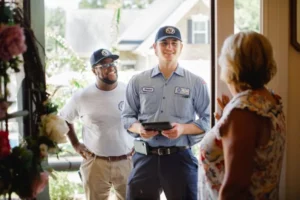
Hard water can be annoying problem, but Meetze Plumbing is here to help! Our team has served Columbia, SC, and Augusta, GA, since 1981, so you can count on us for all your plumbing needs. Whether you need our team to install a whole-home water softener or address leaking pipes or inefficient water flow due to scale buildup, we have you covered.
Call Meetze Plumbing today to schedule water treatment services in Columbia or the surrounding areas.




